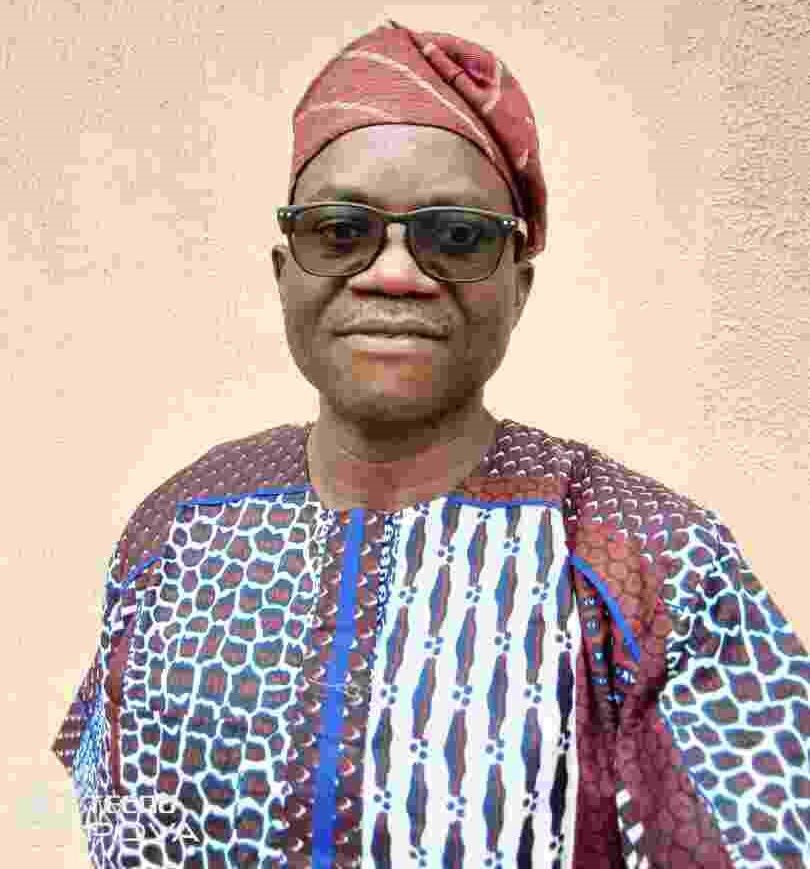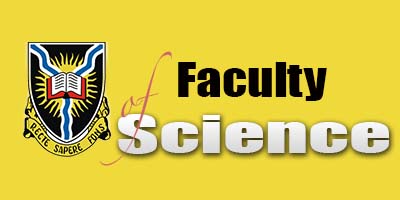| | Areas of Specialisation: Statistical mechanics of disordered and complex systems, mathematical physics, quantum theory, and high energy physics. These are briefly elucidated below with links to selected publications for details. Statistical Mechanics of Disordered and Complex Systems; i.e., statistical physics analytic, and Monte Carlo modelling and simulation, methods applied to the study of diverse disordered systems. E.g., materials magnetism and its technologies, material fracture (from crack nucleation and propagation to breakdown of materials), self-organised surface nanostructure morphology and propagation induced by ion-bombardment (with potential/future novel technologies), molecular chirality transfer and matching (with applications to facial/object/structure recognition in databases), biophysical systems (e.g., protein folding, drug design and discovery). Same methods combined with graph theory to study the networks of diverse complex systems (e.g. resilience of electricity grid or transportation network to load sharing or distribution, neural network, biosystems network, etc.).
Selected Publications, (click the paper reference link to view its abstract on the journal site; email me for full text preprint) for details: O. E. Oyewande and A. Akinpelu (2018). An ion-beam surface sputtering approach to the quest for lead-free metal halide perovskite for solar cells. Nuclear Instruments and Methods in Physics Research Section B 434, 102. O. E. Oyewande (2015). A quasi-conserved particle Monte Carlo model of surface evolution with semi-empirical sputter yield modulated erosion: 1 keV Ar+ sputtering of Si. Transactions of the Nigerian Association of Mathematical Physics 1, 301 - 308. O. E. Oyewande (2013). Nanometric scale surface science and the Markov chain Monte Carlo simulation of disordered systems. Journal of the Nigerian Association of Mathematical Physics 25, 1 - 10. O. E. Oyewande, M. P. Neal, and R. Low (2009). The Hausdorff chirality measure and a proposed Hausdorff structure measure. Molecular Physics 107, 281. O. E. Oyewande, R. Kree, and A. K. Hartmann (2007). Numerical analysis of quantum dots on off-normal incidence ion sputtered surfaces. Physical Review B 75, 155325. O. E. Oyewande, R. Kree, and A. K. Hartmann (2006). Morphological regions and oblique-incidence dot formation in a model of surface sputtering. Physical Review B 73, 115434. O. E. Oyewande, A. K. Hartmann, R. Kree (2005). Propagation of ripples in Monte Carlo models of sputter-induced surface morphology. Physical Review B 71, 195405. O. E. Oyewande, Y. Moreno, F. Kun, R. C. Hidalgo, and H. J. Herrmann (2003). Time evolution of damage under variable ranges of load transfer. Physical Review E 68, 026116.
Selected Publications, (click the paper reference link to view its abstract on the journal site; email me for full text preprint) for details: O. Kolebaje, O. Popoola, M. A. Khan, O. Oyewande (2020). An epidemiological approach to insurgent population modeling with the Atangana–Baleanu fractional derivative. Chaos, Solitons & Fractals 139, 109970. O. E. Oyewande (2012). A unified spatio-temporal framework of the Cuerno-Barabasi stochastic continuum model of surface sputtering. Communications in Theoretical Physics 58, 165.
Quantum Theory; e.g., study and development of exact analytical or perturbative and variational methods of solving quantum dynamical equations of motion, using linear algebraic or wave mechanics representations, and calculating the physical properties of matter; use of computational quantum chemistry softwares for the discovery of novel materials (e.g., in search of materials for cheaper, more durable and efficient solar panels for electricity generation); study of the theoretical fundamentals of the hybridised methods (perturbative, variational, density functionals, Kohn-Sham schemes, etc.) applied in the softwares relative to above interest for improvement; quantum computing problems.
Selected Publications, (click the paper reference link to view its abstract on the journal site; email me for full text preprint) for details:
T. Atsue and O. E. Oyewande (2024). Investigating the CsAuX3[X=Cl, Br, I] perovskite materials properties responsible for photovoltaic applications: A first-principles study. Computational Materials Science 236, 112881. T. Atsue and O. E. Oyewande (2024). First-principles study of the structural, mechanical, dynamical, and transport properties of Cs2NaInX6[X = Br,I] for thermoelectric applications. Current Applied Physics 57, 70. T. Atsue, I. B. Ogunniranye, and O. E. Oyewande (2021). Investigation of material properties of halide mixed lead - free double perovskite for optoelectronic applications using first-principles study. Materials Science in Semiconductor Processing 133, 105963. I. B. Ogunniranye, T. Atsue, and O. E. Oyewande (2021). Structural and optoelectronic behavior of the copper-doped Cs2AgInCl6 double perovskite: A density functional theory investigation. Physical Review B 103, 024102. T. Atsue, O. E. Oyewande, and I. B. Ogunniranye (2019). A review of recent progress in fine-tuning the physical properties of perovskite materials. Journal of Science Research: Proceedings of the 4th International Conference on Scientific Research in Nigeria, Faculty of Science, University of Ibadan, 20 - 23 May, 2019; Theme: Innovative Scientific Research and National Development, pp 41 - 52.
High Energy Physics [QFT with symmetries (e.g., using Lie groups of abstract algebra) and its applications to particle physics within and beyond the standard model]; applications of QFT techniques to improve on, or provide sophisticated, methods in condensed matter theory (e.g., many-body physics) and statistical mechanics (e.g., renormalization group methods for finding critical/scaling exponents for universality classes); noch im bau!
|

